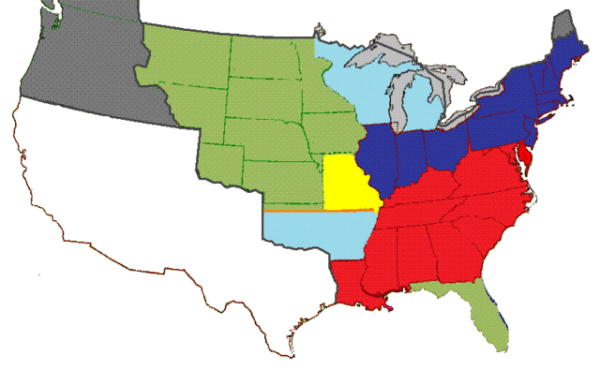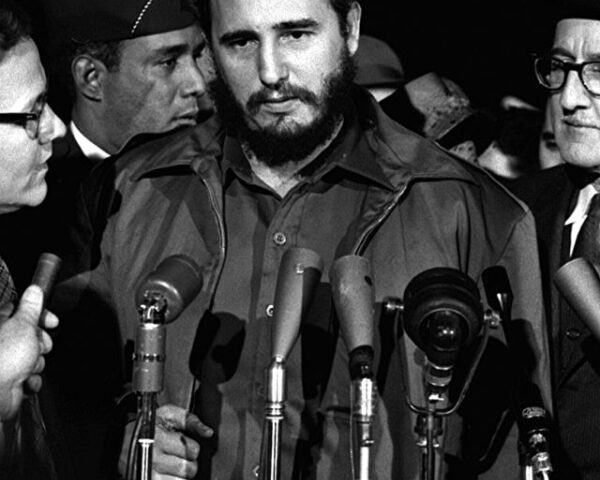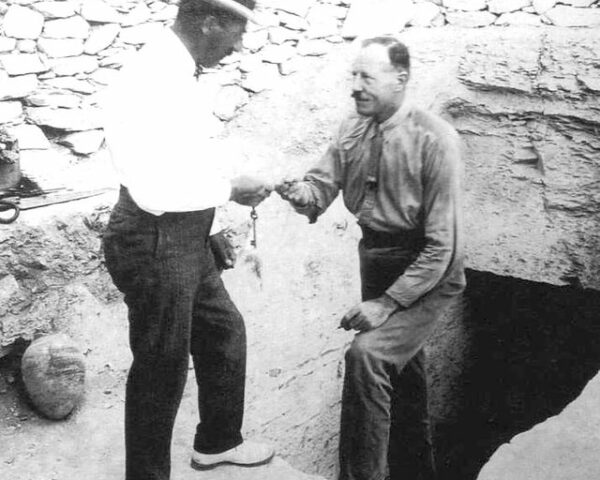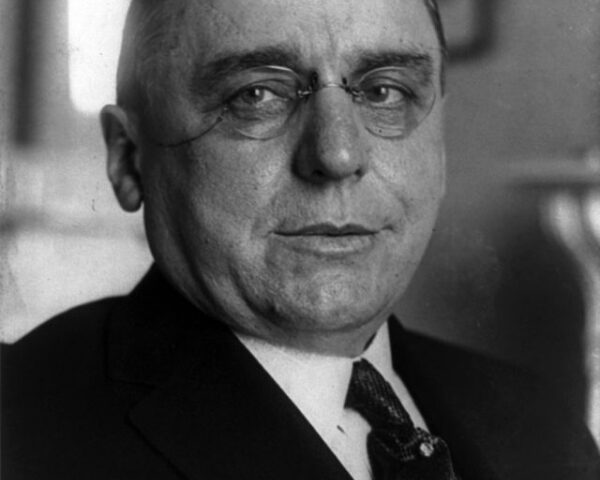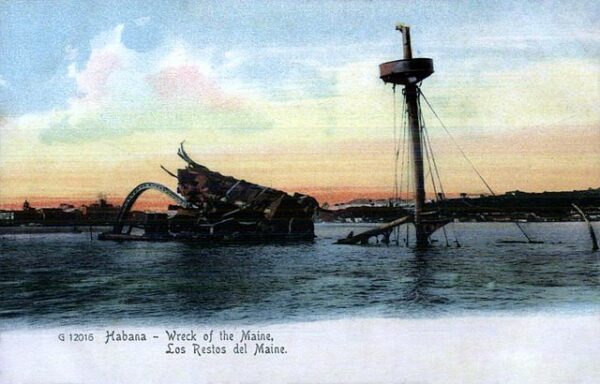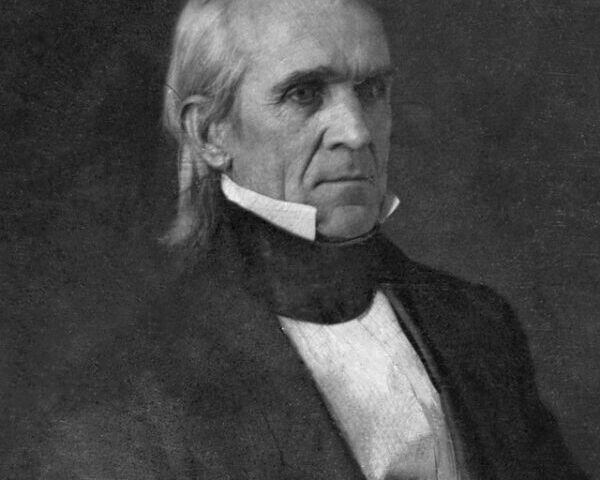On February 18, 1979, NASCAR had its coming-out party. For the first time, the Daytona 500 was broadcast live from start to finish on national television, and it delivered in spectacular fashion. Richard Petty took advantage of a dramatic last-lap wreck between Donnie Allison…
Read MoreOn February 17, 1944, U.S. forces launched a decisive assault on the Eniwetok Atoll in the Marshall Islands, marking another critical step in the Central Pacific drive toward Japan. The operation—part of a broader campaign following the capture of Kwajalein earlier that month—reflected the…
Read MoreThe presidential election of 1800 was one of the most pivotal and contentious moments in American political history, revealing both the strengths and weaknesses of the nation’s young electoral system. The contest between Thomas Jefferson and Aaron Burr, both representing the Democratic-Republican Party, resulted…
Read MoreOn February 17, 1820, hoping to end the question of the future of slavery in the United States, Congress introduced the Missouri Compromise. Henry Clay, a prominent statesman, orchestrated the compromise with the intent of preserving harmony in the Union by delicately balancing the…
Read MoreOn February 16, 1959, Fidel Castro formally assumed the office of Prime Minister of Cuba, six weeks after the flight of Fulgencio Batista ended his military-backed regime. Batista had ruled Cuba as an elected president in the early 1940s. But after seizing power in…
Read MoreOn February 16, 1923, British archaeologist Howard Carter opened the burial chamber of Pharaoh Tutankhamun, marking a landmark moment in Egyptology. This breakthrough was the result of years of excavation in the Valley of the Kings, driven by Carter’s firm belief that the tomb…
Read MoreOn February 15, 1933, in Miami, a single handgun cracked through the warm evening air and altered the course of American political history. The target was President-elect Franklin D. Roosevelt. The man who would die instead was Anton J. Cermak, the sitting mayor of…
Read MoreThe Allied bombing of Dresden, culminating on February 15, 1945, remains one of the most debated military operations of World War II. Over four air raids between February 13 and 15, the British Royal Air Force and the United States Army Air Forces launched…
Read MoreOn the evening of February 15, 1898, the USS Maine, an American naval battleship, met a catastrophic fate in Havana Harbor, Cuba. A massive explosion tore through the vessel, obliterating its forward section and igniting a firestorm of speculation and accusation. The Maine had arrived three weeks…
Read MoreOn February 14, 1849, in a New York City studio filled with harsh light and chemical fumes, a weary and soon-to-be former president sat motionless before a new and untested machine. In that moment, James K. Polk became the first sitting president of the…
Read More




